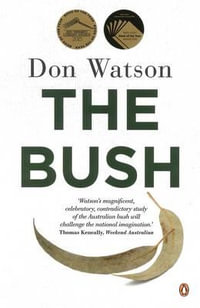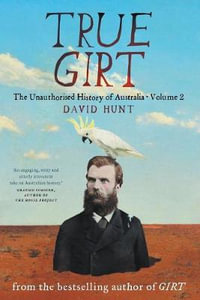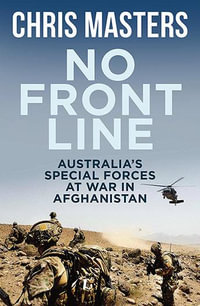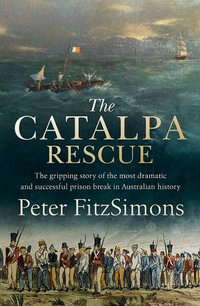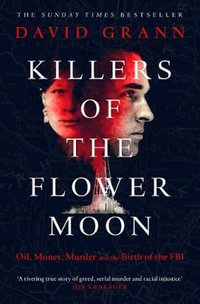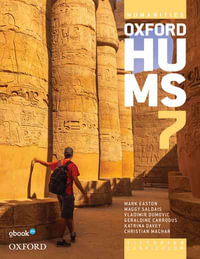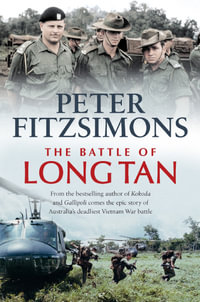A history of relations between Britain and Russia from the nineteenth century to the present.
With Riddle, Mystery, and Enigma, statesman and author David Owen tells the story of Britain’s relationship with Russia, which has been surprisingly underexplored. Through his characteristic insight and expertise, he depicts a relationship governed by principle as often as by suspicion, expediency, and necessity.
When the two nations formed a pragmatic alliance and fought together at the Battle of Navarino in Greece in 1827, it was overwhelmingly the work of the British prime minister, George Canning. His death brought about a drastic shift that would see the countries fighting on opposite sides in the Crimean War and jostling for power during the Great Game. It was not until the Russian Revolution of 1917 that another statesman had a defining impact on relations between Britain and Russia: Winston Churchill, who opposed Bolshevism yet never stopped advocating for diplomatic and military engagement with Russia. In the Second World War, he recognized early on the necessity of allying with the Soviets against the menace of Nazi Germany. Bringing us into the twenty-first century, Owen chronicles how both countries have responded to their geopolitical decline. Drawing on both imperial and Soviet history, he explains the unique nature of Putin’s autocracy and addresses Britain’s return to “blue water” diplomacy. Newly revised, this paperback edition features extended chapters on Putin’s Russia and the future of British–Russian relations after the Russo-Ukrainian War.
About the Author
David Owen served as Foreign Secretary under James Callaghan from 1977 until 1979 and later cofounded and went on to lead the Social Democratic Party. His books include The Hidden Perspective and Cabinet's Finest Hour.
Industry Reviews
"David Owen was an unconventional politician and in his latest book, Riddle, Mystery and Enigma he takes an unconventional approach to history. . . . [This] is. . . personal essay on episodes in two centuries of Euro-Atlantic history, enlivened by frequent digressions and excursions into contemporary affairs."-- "Inside Out"







